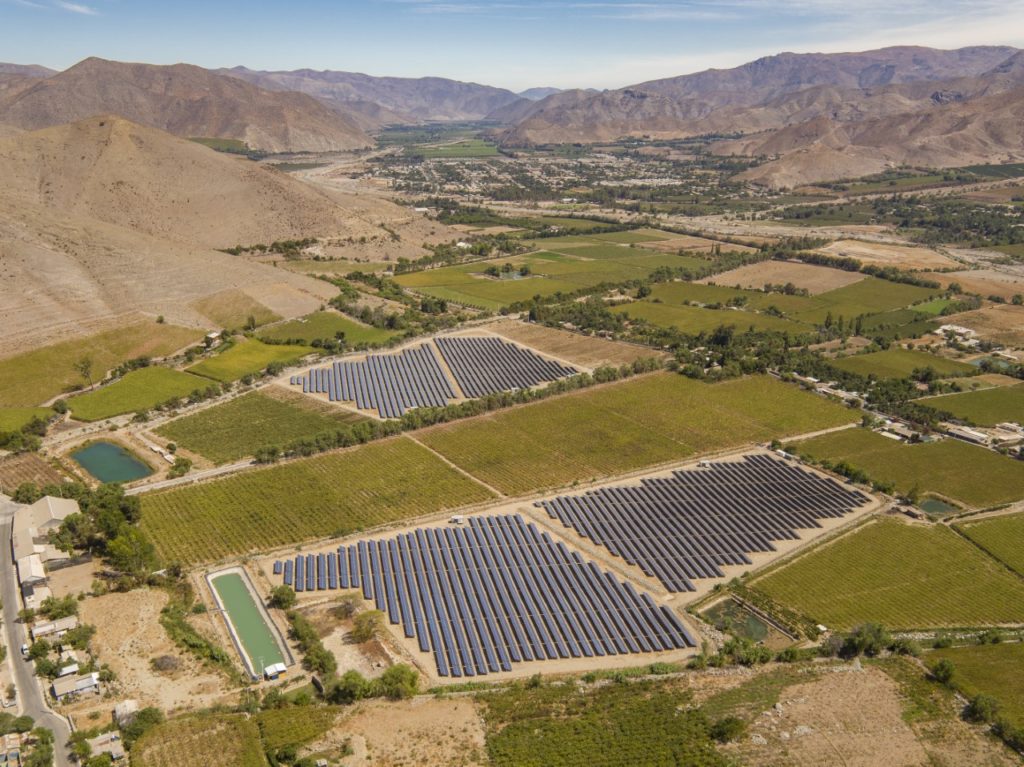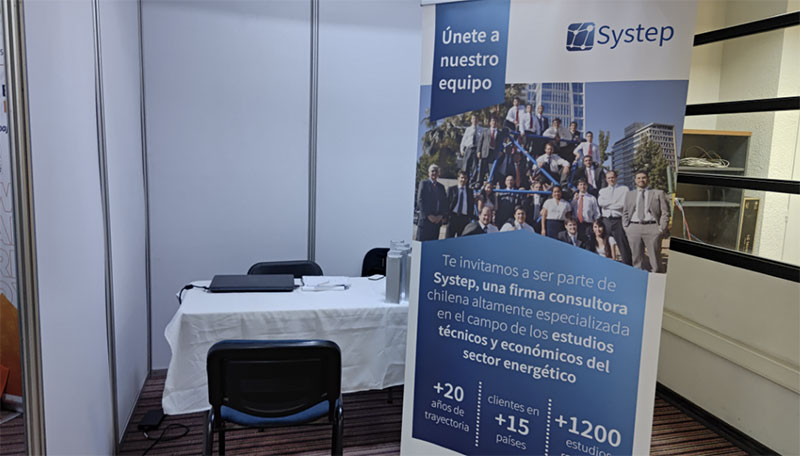
According to a report by the consulting firm Systep, in 2018 the new capacity of solar installations under net billig increased by more than 100% compared to the previous year, a sign that this segment is growing even before the new rules for distributed generation come into force.
Distributed generation under net billing in Chile records 100% growth in 2018
Since its enactment in October 2014, the Chilean net billing law has over the past four years produced rather disappointing results with respect to initial expectations, which were due to the country’s high solar radiation as well as the large developments seen in this decade for the construction of large-scale solar projects.
Last year, however, it was possible to record an increase of almost 100% in new installations thanks to more than 12.5 MW of new projects. This is revealed in a report by the Chilean consulting firm Systep, which also discusses the modifications to the current rules for distributed generation, which will come into force when the related regulations are published in the coming months by the Ministry of Energy, and which will be published by the Ministry of Energy. were approved in October by the country’s Parliament.
According to the report, moreover, in 2017 new installations had totaled 6.4 MW, while in the previous year and in 2015 new installed capacity had been respectively just 4.0 MW and 1.4 MW. The cumulative PV output of the generators under net billing had reached about 24.4 MW by the end of December.
“Particularly, the capacity installed during 2018 is higher than the distributed generation installed between 2015 and 2017, implying significant growth in the market since the beginning of the Act, prior to the recent modifications,” the authors of the report wrote.
When the new rules for net billing come into force, we will almost certainly see further growth of rooftop solar in Chile, as the power limit for access to the mechanism will be raised from 100 kW to 300 kW, as well as expanding the range of eligible projects, which will not only be installations for individual users, but also community and jointly owned systems. The new provisions will also allow virtual net metering.



